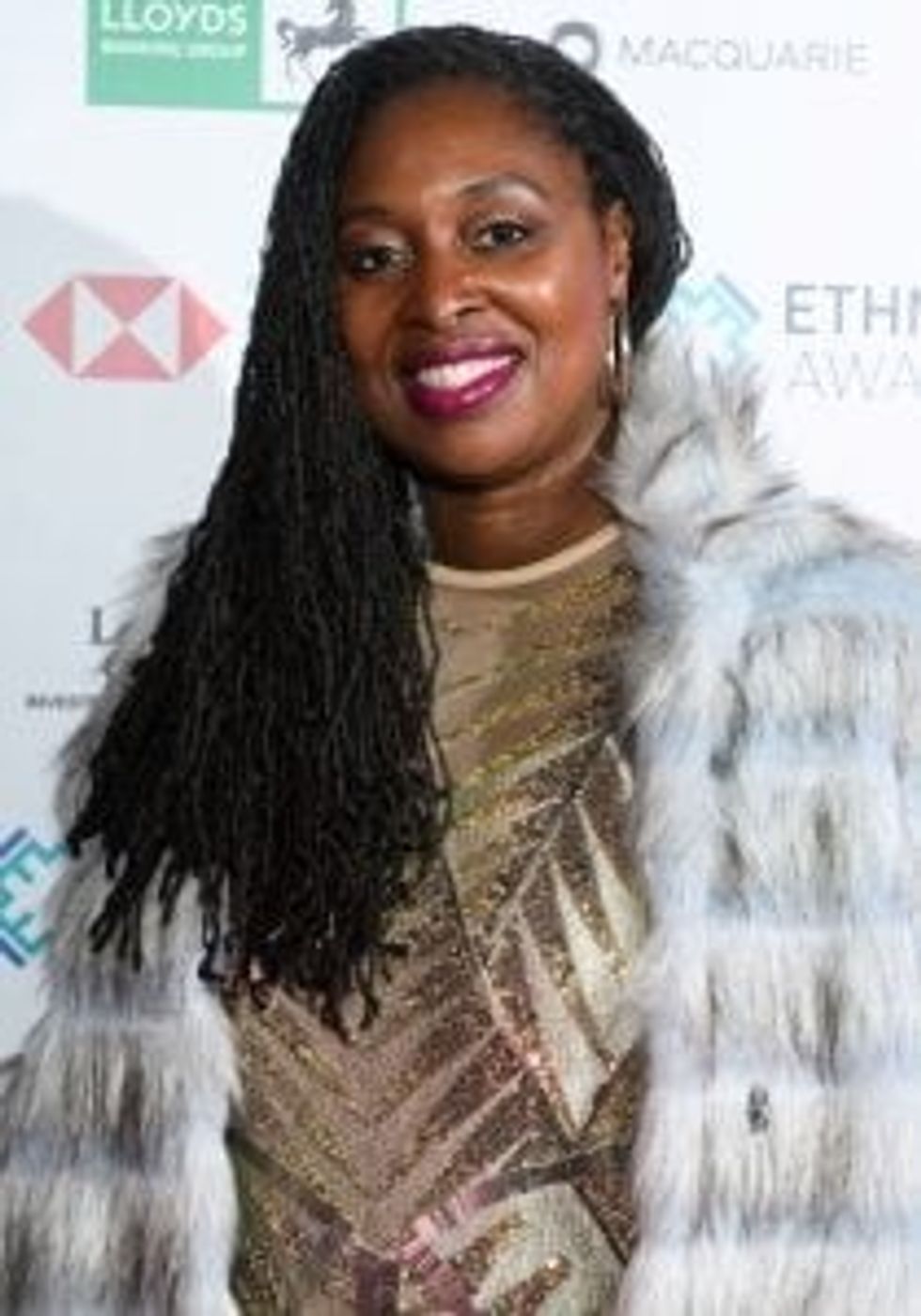LONDON needs a police service it can respect and trust. And the police officers serving London’s communities need the leadership that can foster that trust and respect.
I want to say upfront that the police officers I meet day-to-day are often amazing; both in my local borough of Brent, and in parliament, where only a few years ago, PC Keith Palmer was killed trying to protect the seat of our democracy from a terrorist attack.
The law is set by parliament, but how it is enforced and what is prioritised are key questions for whoever becomes the new Metropolitan Police commissioner.
The resignation of Dame Cressida Dick is an opportunity to reset London’s relationship with the Met and to rebuild trust. It’s a necessity that the cultural problems within the Met are addressed systematically. The new commissioner must be fully committed to carrying out this reform.
Also Read | Exclusive : "STOP CULTURE OF POLICE COVER UP"
A succession of revelations recently has exposed a toxic culture. Police officers have texted colleagues that they would like to rape them (in the Charing Cross police station where racist, misogynist and homophobic abuse seemed commonplace); taken selfies with murder victims (in the shocking case of Nicole Smallman and Bibaa Henry); made sexual advances to victims of crime; and the shocking case of PC Wayne Couzens, who kidnapped, raped and murdered Sarah Everard.
This isn’t just one or two bad apples – something is rotten in the tree that gives licence to this behaviour.
Then there have been the serious misjudgments, from the policing of the Everard vigil to the initial decision not to investigate Downing Street parties despite mounting evidence.
And in a very serious case last year, the Met was found to be “institutionally corrupt” by the inquiry into the 1987 murder of Daniel Morgan, and Cressida Dick was found to have personally obstructed the inquiry.

One of the key tensions between London’s communities and the police is stop-and-search – which has an unjustifiable racial bias, with black people nine times more likely to face stop and search than white people. Knife crime is a serious issue, but its eradication requires the holistic public health approach that proved successful in Glasgow.
Strong leadership means building an organisational culture in which public service trumps self-preservation. The culture of cover-up cannot continue. Strong organisations want to improve and know that exposing and addressing institutional
failures are part of righting the wrongs.
One challenge the police face that is not of their making is the decimation of other public services like youth work, social services and mental health services. This has left families without support and has left police officers to pick up the pieces – often dealing with vulnerable people who need professional support not criminal law enforcement. The new commissioner, whoever he or she is, has to speak up for other public services that save the police time and resources further down the line.
In a democracy, the police can only have authority if they are accountable. That must start with the appointment process of the new commissioner.
Some have suggested splitting the Met’s national functions from its London policing priorities. It serves around nine million Londoners, with more than 30,000 police officers and 10,000 more civilian police staff. That is a huge responsibility in itself.
The Met also has lead responsibility for counter-terrorism across the UK, and for providing specialist protection for the royal family and for parliament. These national functions, some suggest, could fall under the home secretary, while the mayor of London retains day-to-day policing of the city.
The argument against this proposal is that it would mean more disruption and upheaval at a time when the Met needs stability and to focus on reforming its organisational culture. But limiting the new Met commissioner’s role to London policing could aid the focus on rebuilding trust with London’s communities.
A focus on London policing should also mean a new commissioner is accountable to and appointed by Londoners, not chosen by the home secretary only in consultation with the mayor.
Many important public appointments are approved by a House of Commons Select Committee following a nomination. A select committee of London MPs, and/or London Assembly Members could approve or reject the mayor’s nomination if it
was a solely London-focused role.
There has never been a time in the Met’s history where the appointment of the new commissioner has been more important to get right. Opening up that appointment process to public scrutiny and accountability would demonstrate a new open approach, and lead to a stronger candidate being appointed.
Faith needs to be restored in the leadership of London’s police, so let’s start with an appointment process that is an open, public dialogue on what Londoners want from their police service. Anyone fit to lead the Met should welcome that.



















 His Highness Prince Rahim Aga Khan V
His Highness Prince Rahim Aga Khan V


‘New Met chief must have a fresh mandate’